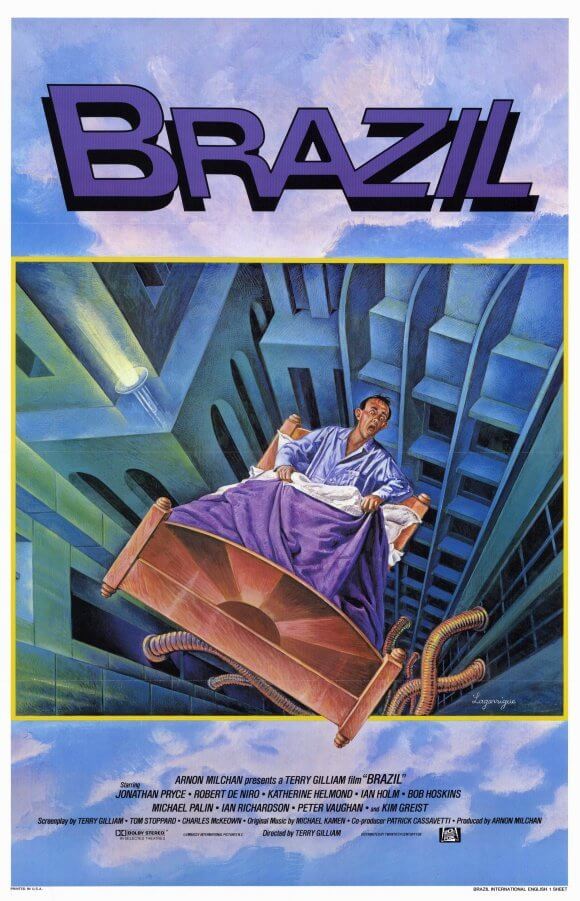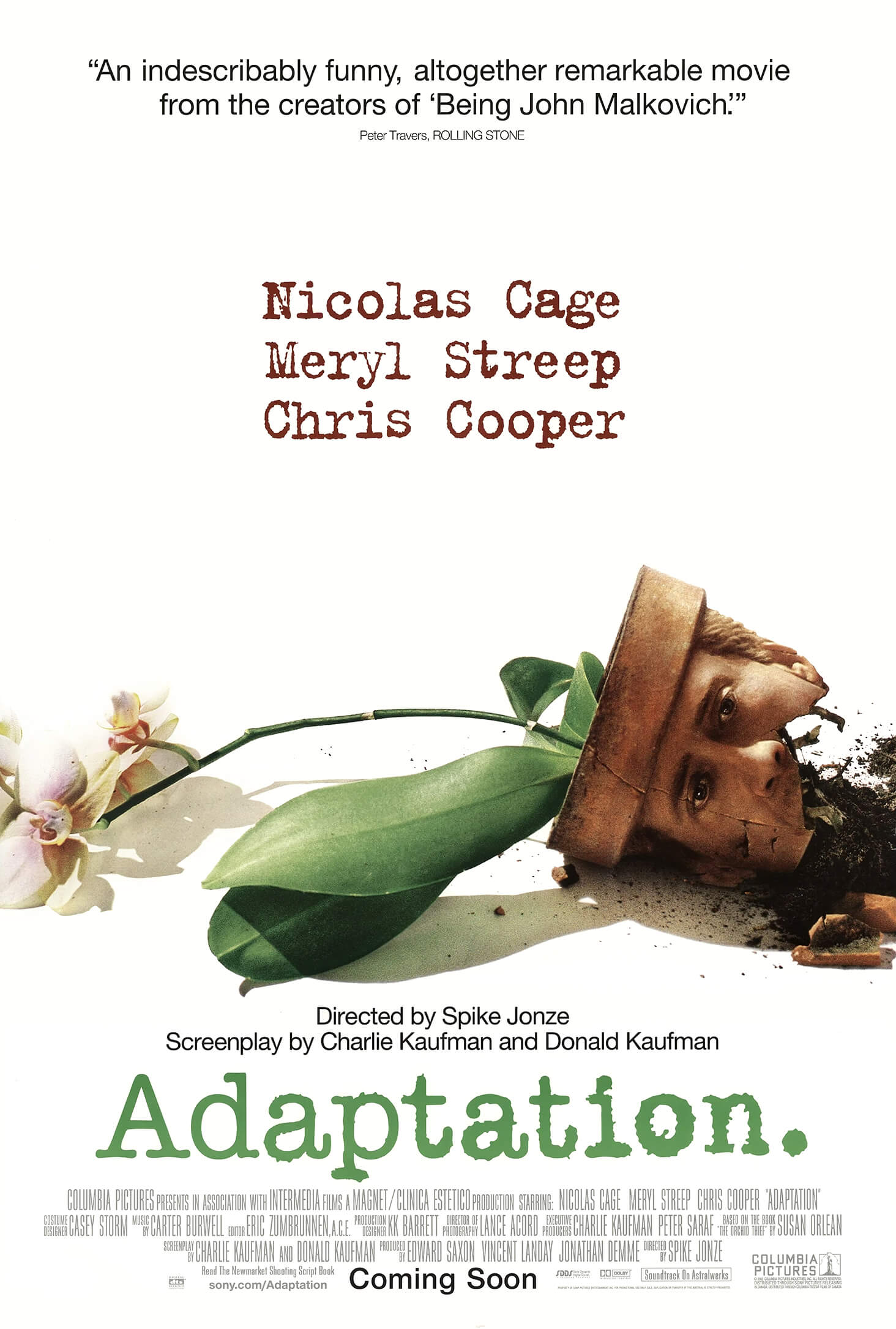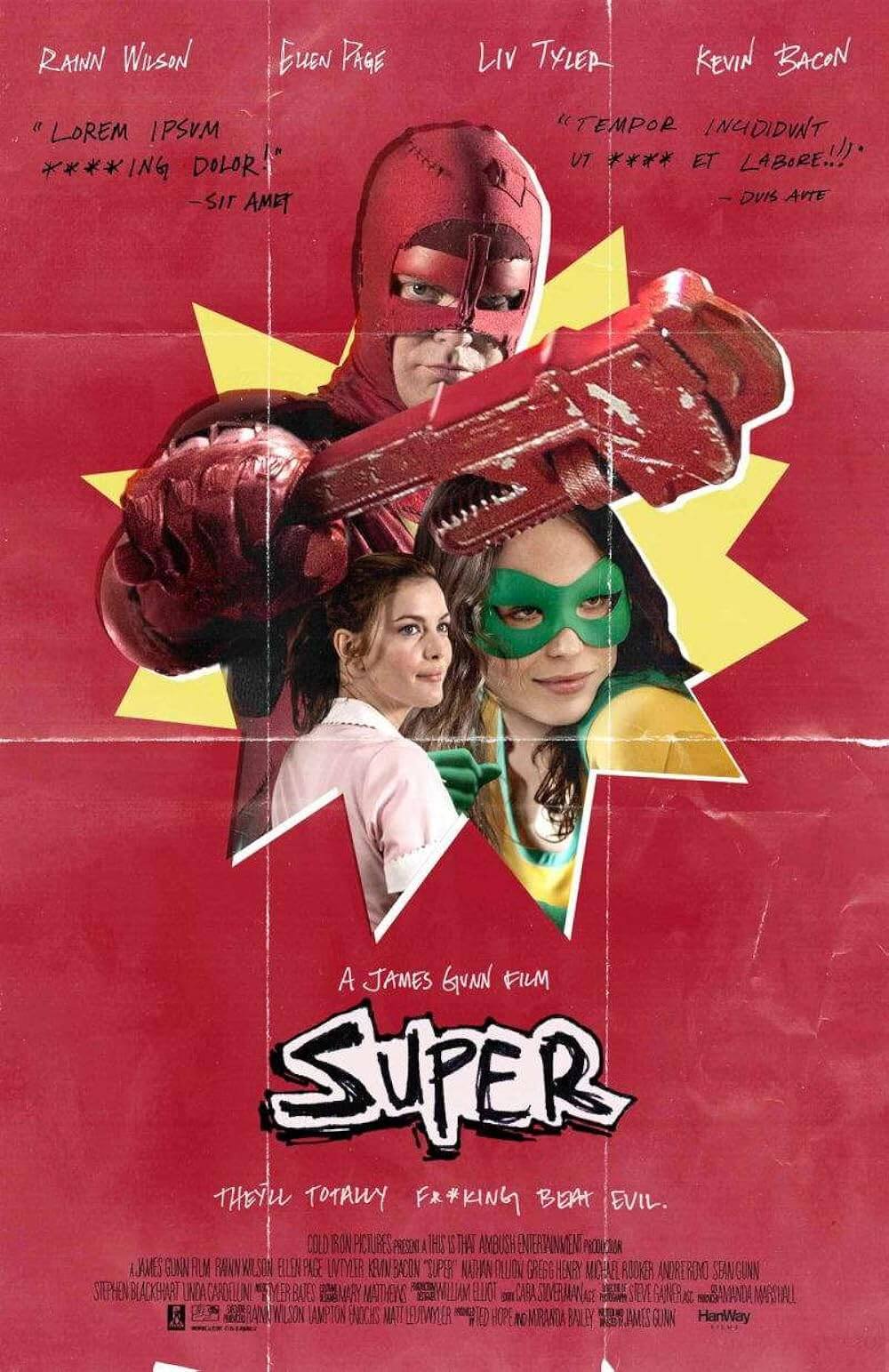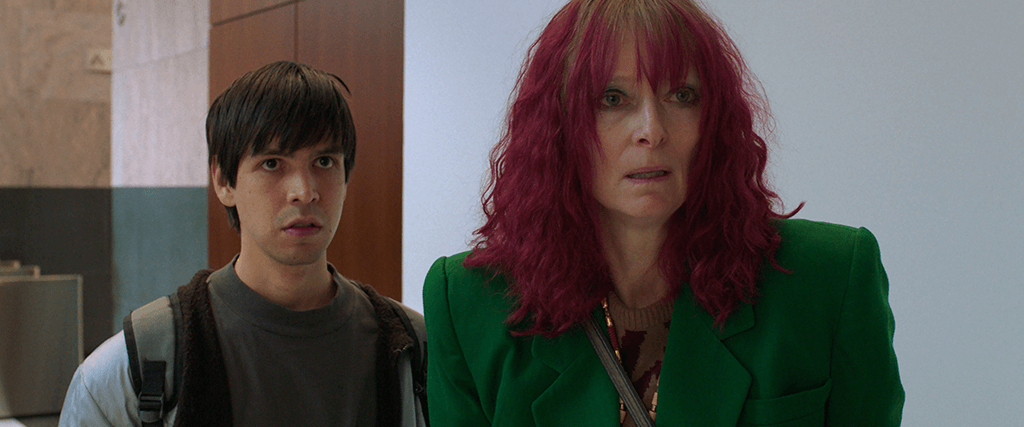
Problemista
By Brian Eggert |
By all accounts, immigrating to the United States is an impossible maze of maddening confusion, unclear paperwork, and bureaucratic red tape. The process has been accused of intentionally dissuading applicants and catering only to those with the financial resources to support themselves on this labyrinthine path. Immigration has been the subject of countless documentaries and journalistic exposés, and it’s also at the center of Julio Torres’ debut film, Problemista, a delightfully bizarre blend of idiosyncratic humor, Kafkaesque nightmares, and surrealist imagery. A former Saturday Night Live writer and creator of HBO’s now-canceled Los Espookys, Torres applies a generous dash of magical realism to the comic proceedings, telling a personal story through a dreamlike filter. Although the writer-director-producer-star roots his narrative in familiar life lessons, his account feels vitally particular and expressive, sometimes veering into fabulist absurdism reminiscent of Terry Gilliam or Charlie Kaufman’s work. It’s an inspired, assured debut that suggests Torres has fully realized his vision in cinematic terms.
Problemista is also about a young man’s two mother figures. Born in El Salvador, Alejandro, or “Ale” (Torres), has developed a sense that he could have anything, instilled by his mother (Catalina Saavedra). Isabella Rossellini narrates the film, offering the occasional deadpan quip while explaining that Ale’s artist mother made her son a project and gave him everything he desired, so he learned to dream big. Moving to New York City in his twenties, he hoped to land a job with Hasbro designing toys. His toy ideas, shared intermittently throughout the film, offer sharp alternatives to classics, such as a Slinky that doesn’t go downstairs, forcing the child to guide the toy down and achieve the journey on their own. “Toys these days are wonderful, but they are a little bit too preoccupied with fun,” Ale believes. And while attempting to secure a visa with the help of a kindly immigration attorney (Laith Nakli), Ale works a thankless dead-end job at a cryogenic freezing company, dully named Freeze Corp, managing the iced body of a struggling artist, Bobby (RZA). But a mishap causes Ale to lose his job, jeopardizing his visa unless he lands another sponsor.
Enter his other (eventual) mother, this one far less nurturing: Bobby’s wife, Elizabeth (Tilda Swinton), an outcast art critic who manages her husband’s legacy—a series of simplistic egg paintings. Elizabeth enlists Ale as a would-be intern with a “we’ll see” promise to sponsor him. Swinton is superb, playing a disgruntled, frenzied personality who can’t figure out technology and treats anyone in the service industry like human garbage. She convinces the unemployed Ale to catalog Bobby’s paintings and help organize her life, requiring him to learn FileMaker Pro (a hilariously recurring source of dread and contention). Between her manic calls to Apple support and ability to find new problems after every resolution, Elizabeth has earned her nickname, the Hydra—a detail that Torres visualizes in fantastical asides, with Ale in knight’s armor, fighting off the beratement of his new pseudo boss. She might also be Ale’s best possible mentor in this uncertain period of his life. In the meantime, Ale needs cash to live, so he resorts to Craig’s List, personified by comedian Larry Owens as a lascivious purple monster inside a psychedelic digital hellscape that offers jobs ranging from assembling IKEA shelves and untangling a necklace to “Cleaning Boy Kink.”
 However tangential some touches may seem, Torres never loses sight of Ale’s perspective and the emotional symbolism of Problemista’s wilder moments—and indeed, this is a blithely out-there presentation. Here is a world where pedestrians literally pass through Ale, an invisible nonentity to others in his Bushwick neighborhood in Brooklyn. And should he fail to acquire a visa in time, represented by a warehouse of hourglasses, including one with his name on it, he will disappear into thin air. Shifting between the grounded realm of Ale’s navigation of the confounding immigration system to the more outlandish spaces of his mind, the film plays like a series of vignettes with no rules or limitations. These amount to a larger mosaic about personal growth, bringing to mind the variety of Deconstructing Harry (1997). Production designer Katie Byron creates sets that range from storybook tableaus to entire dreamworlds—such as a series of boxy offices stacked atop one another in a black void—and cinematographer Fredrik Wenzel renders them with incredible visual variety. Robert Ouyang Rusli’s varied, jarring, yet wonderful score and Ruy Garcia’s immersive sound design lend another layer with vocals, percussive office sounds, and synth inflections that deliver one of the more memorable soundscapes in recent cinema.
However tangential some touches may seem, Torres never loses sight of Ale’s perspective and the emotional symbolism of Problemista’s wilder moments—and indeed, this is a blithely out-there presentation. Here is a world where pedestrians literally pass through Ale, an invisible nonentity to others in his Bushwick neighborhood in Brooklyn. And should he fail to acquire a visa in time, represented by a warehouse of hourglasses, including one with his name on it, he will disappear into thin air. Shifting between the grounded realm of Ale’s navigation of the confounding immigration system to the more outlandish spaces of his mind, the film plays like a series of vignettes with no rules or limitations. These amount to a larger mosaic about personal growth, bringing to mind the variety of Deconstructing Harry (1997). Production designer Katie Byron creates sets that range from storybook tableaus to entire dreamworlds—such as a series of boxy offices stacked atop one another in a black void—and cinematographer Fredrik Wenzel renders them with incredible visual variety. Robert Ouyang Rusli’s varied, jarring, yet wonderful score and Ruy Garcia’s immersive sound design lend another layer with vocals, percussive office sounds, and synth inflections that deliver one of the more memorable soundscapes in recent cinema.
Torres, who, like Alejandro, hails from El Salvador, shares plenty of characteristics with his protagonist (creative, gay, vegan, empathetic, optimistic, etc.). But Ale also recalls the hero of Gilliam’s Brazil (1985), who sees himself as a knight in his dreams, fighting off evil, and who must take jobs he doesn’t want to get what he desires. Ale might be considered an impenetrable, passive lead who sometimes rides life’s current until he’s forced to act. Why else would he put up with Elizabeth’s beratement and constant shouting? From another perspective, Ale absorbs and processes the world around him in distinct ways, so he sees beyond Elizabeth’s shoulder pads, shaggy magenta hair, and harsh first impression. He recognizes that she thrives on chaos, and he attempts to work within her boundaries, however impossible that may seem from the audience’s perspective. He could be mean, sarcastic, or disingenuous with her, but he approaches her with patience. What initially feels like a scratchy, tense association evolves into a mutual respect.
Though Problemista debuted a year ago at SXSW, A24 delayed the planned late-summer release due to the SAG-AFTRA and WGA strikes. The pause may have lost the film some promotional momentum, but it should not be missed. It’s a funny, surprisingly touching, and fully realized story that doesn’t sacrifice its characters or lessons for its occasional sketch-comedy vibe. If the film’s portrayal of immigration is specific, so is Ale’s unique perspective and how Torres brings them to life. There’s also something innate in a story about people like Ale and Elizabeth, who seem to be drowning in their problems, but through them (or despite them), they thrive. Without that conflict to bounce against and learn from, people would never grow. And though it’s easy to lament quixotic struggles and transitional periods like the ones Ale undergoes in the film, most of us look back at them with something amounting to an appreciation for the lessons learned.
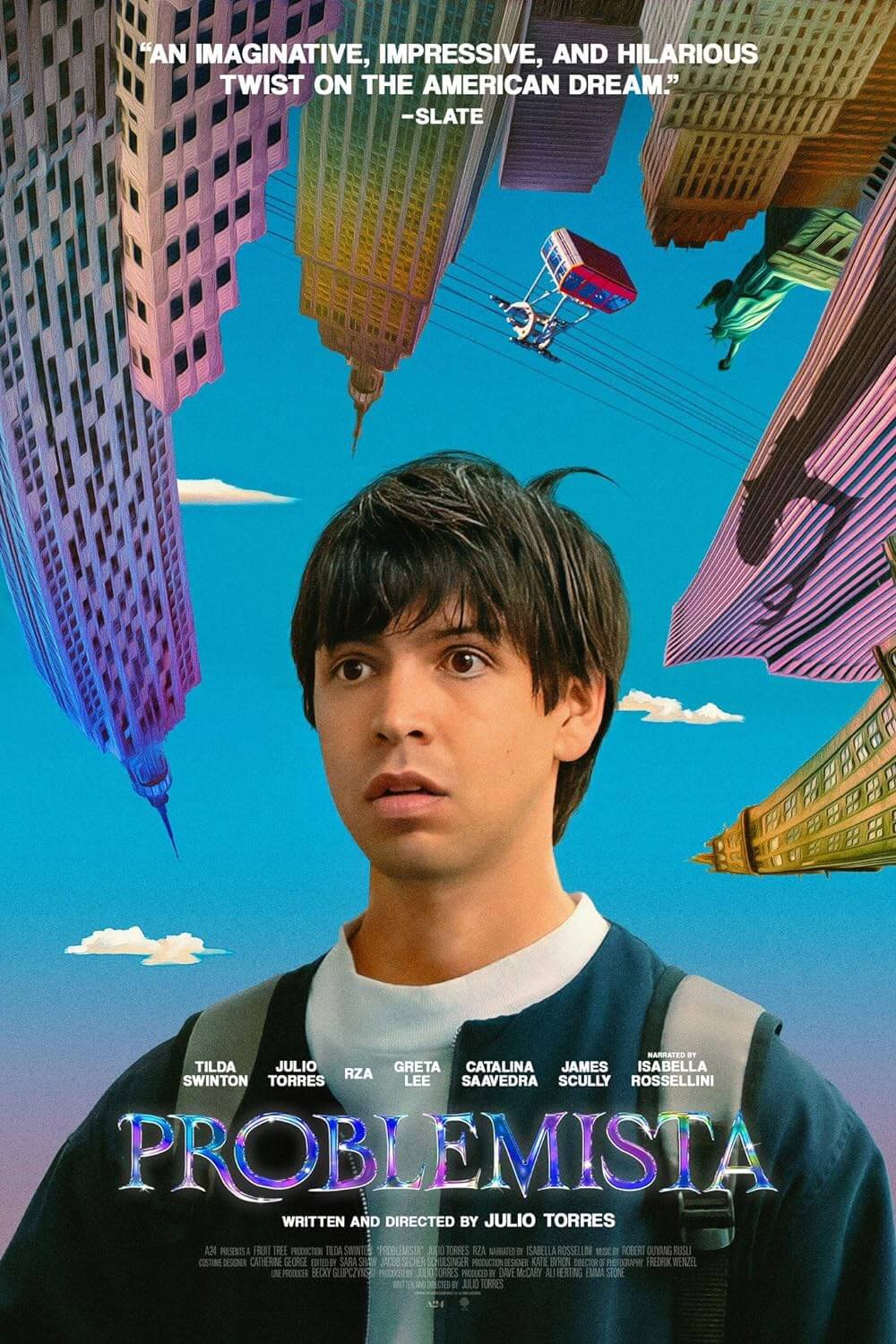
Unlock More from Deep Focus Review
To keep Deep Focus Review independent, I rely on the generous support of readers like you. By joining our Patreon community or making a one-time donation, you’ll help cover site maintenance and research materials so I can focus on creating more movie reviews and critical analysis. Patrons receive early access to reviews and essays, plus a closer connection to a community of fellow film lovers. If you value my work, please consider supporting DFR on Patreon or show your support in other ways.
Thank you for your readership!
Brian Eggert | Critic, Founder
Deep Focus Review


